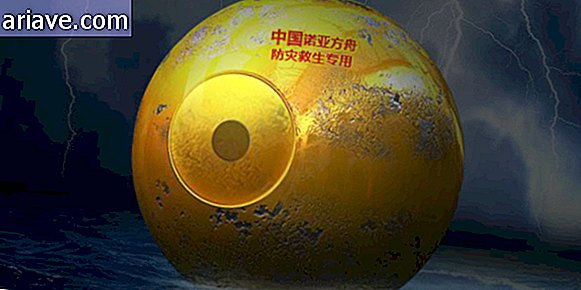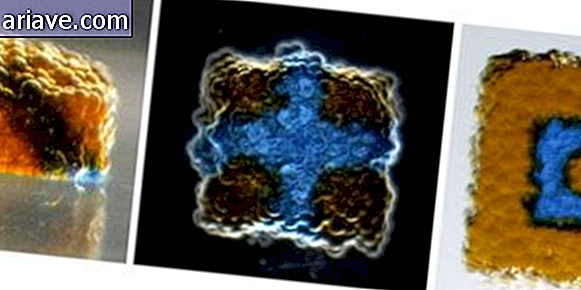Drought periods made it easier to kill Roman leaders
From the moment a person takes a position of power, his decisions have even greater consequences. The issue can be troublesome, but it is hardly the cause of your death today. On the other hand, in ancient Rome, if you reached the rank of Emperor, you should calculate your movements well. Throughout the lifetime of this civilization, one-fifth of its leaders died violently at the hands of their subordinates.
Since the murder of a leader is neither simple nor overnight, research by Economics Letters offers an explanation for the high rate of regicide in Roman history.
The idea is that a prolonged drought makes crops not so plentiful, leaving soldiers malnourished and more prone to rioting. By comparing the amount of rainfall at the time - information obtained by analyzing the rings of old oaks that are sensitive to local humidity - and the available information on military riots and assassination of emperors from 27 BC to 476 AD, the researchers were able to draw a correlation. between the data.

No water falls, but the Emperor falls
Cornelius Christian, an economist at Brock University, and Liam Elbourne of St. Francis Xavier University, both in Canada, are the authors of the study and came to the conclusion that a 20% decrease in average rainfall increased the likelihood that the Emperor would be murdered the following year. Most affected by this were the leaders who lived in the period of the Gordian Dynasty, between 235 AD and 285 AD: 14 of the 26 emperors of the time died in violent ways. Besides the climate issue, these years were marked by plagues, invasions and economic depressions.

An iconic case where rainfall was likely to have had a considerable influence was during the years when Vitellius was in power. His first relevant position was as governor-general of a region in Germania, known for gambling addiction and insatiable hunger. His benevolence suppressed the defects and he was very dear to his subordinates, arriving at the post of Emperor in AD 15.
But as soon as he assumed the position of Roman commander in chief, he changed his behavior and treated everyone rudely, increasing his rejection by the population. Coincidentally, he was replaced by Vespasian in 69 AD, a year after a major drought. Vitellius was dragged alive through the streets of Rome and, after the torture session, killed and thrown into the Tiber.

In an interview with Live Science, Brown University historian Jonathan Conant considered the lack of rain plausible, although it made clear that several factors had an influence on the murder of an emperor. Most crimes against politicians occurred in the 3rd century, when there was rising inflation, disease outbreaks, and ongoing wars, all of which destabilized the Empire.
Despite all these reasons, “there is usually a drought that precedes the emperor's murder, ” said Christian, who adds: “We are not trying to say that rain is the only explanation for all these things, but it is just one of many variables that can cause it ".
***
Do you know the Mega Curioso newsletter? Weekly, we produce exclusive content for lovers of the biggest curiosities and bizarres of this big world! Register your email and do not miss this way to keep in touch!











